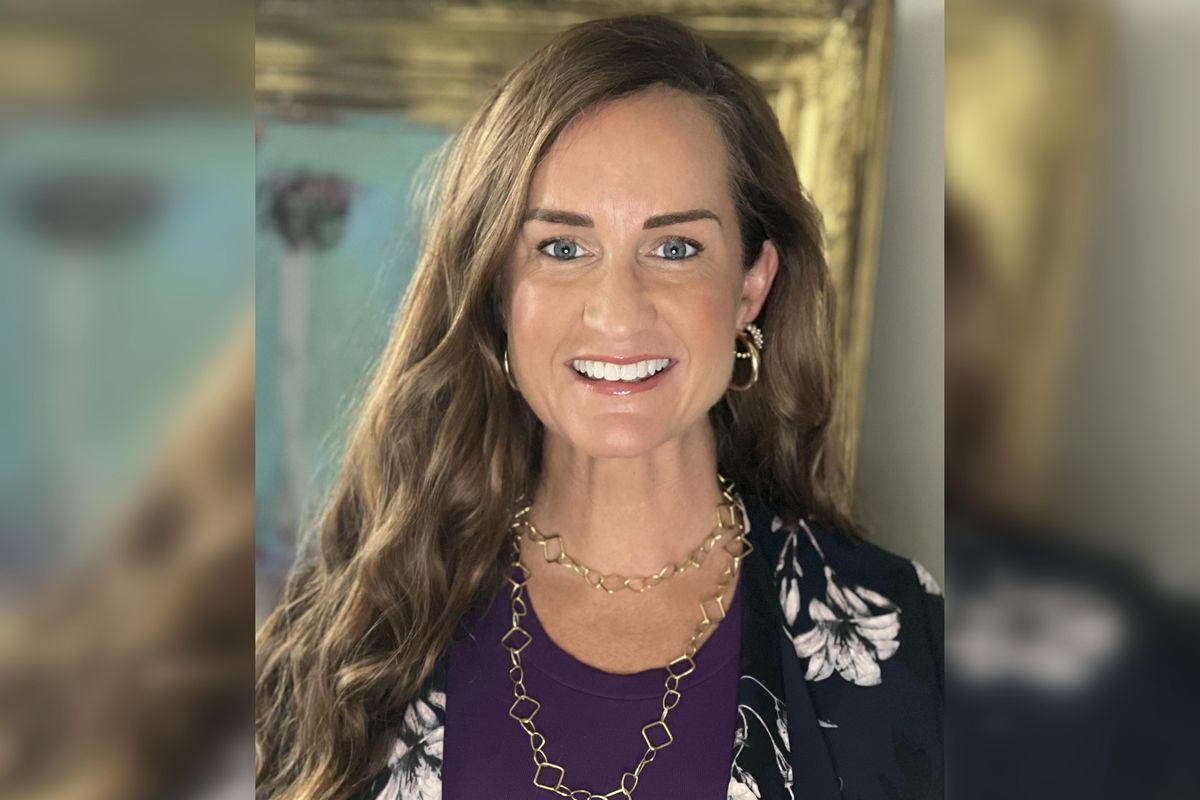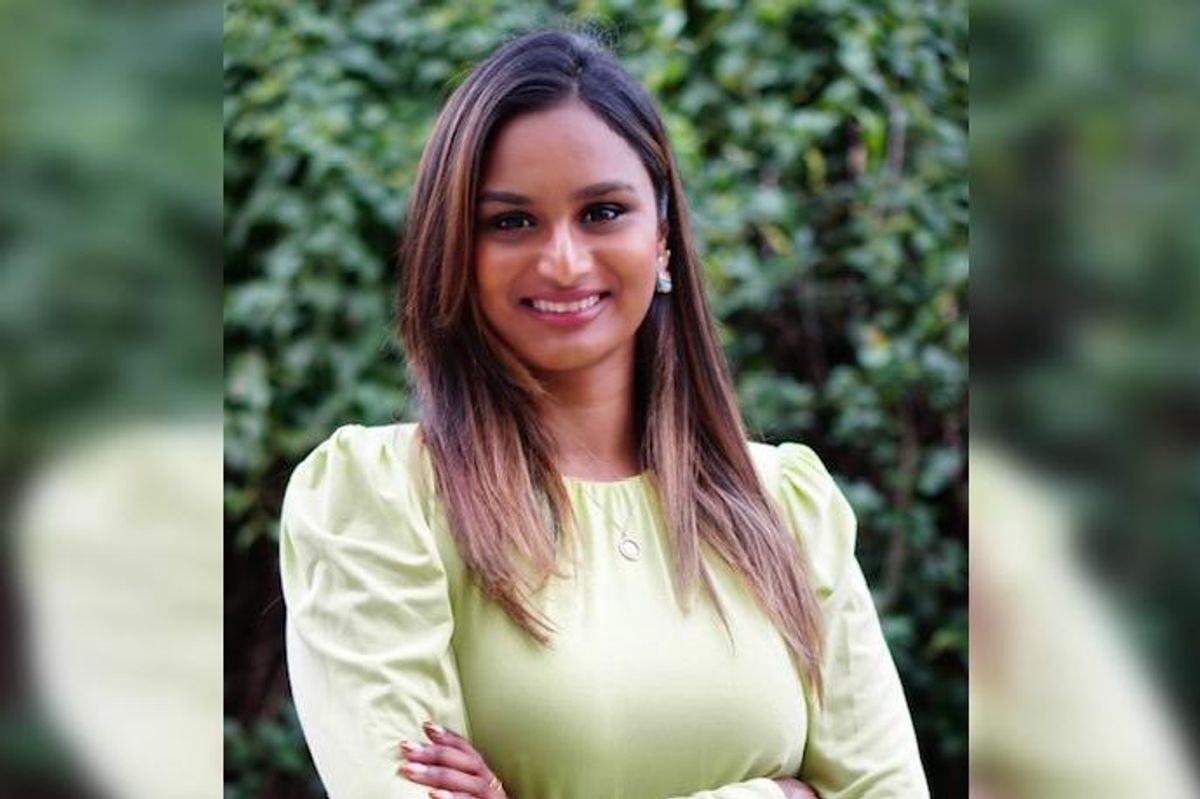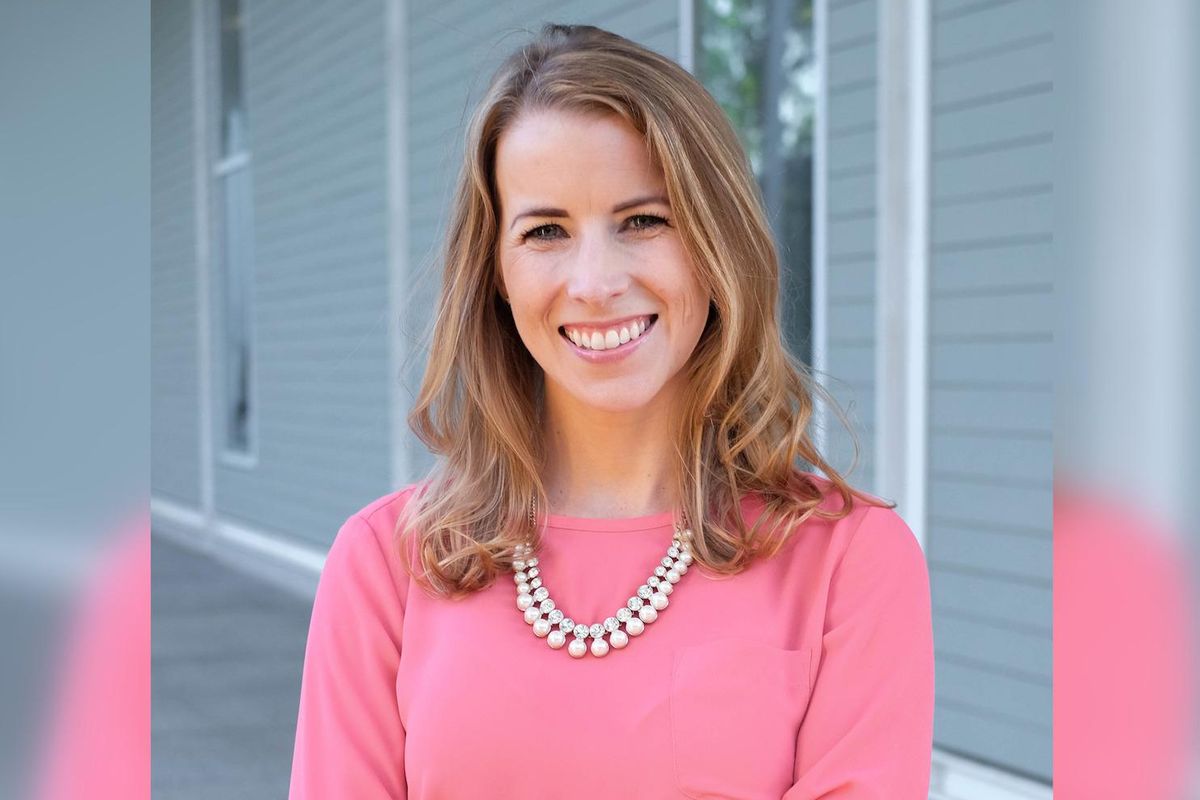Houston medtech startup secures additional $3M for lung cancer diagnostic tool
fresh funding
A Houston-based medtech startup with an innovative tool that's aiming to transform lung cancer intervention has closed its series A extension round.
Prana Thoracic announced an additional $3 million in funding, a raise that was oversubscribed by 30 percent, reports the company. The company's series A originally closed in March 2023 at $3 million. In August of 2022, the company secured $3 million in grant funding.
"We are grateful for the overwhelming support from our investors in this financing round. Their confidence in our mission and plan is motivating,” Joanna Nathan, CEO and co-founder of Prana Thoracic, says in a news release. “This additional funding will enable us to accelerate our efforts in bringing precision surgical solutions to lung cancer patients worldwide.”
The extension included participation from new investors, including cultivate(MD), GenHenn Capital, and Houston Angel Network, as well as from prior lead investor New World Angels. Existing investors — Johnson & Johnson Development Corp, Texas Medical Center Venture Fund, and the Cancer Prevention & Research Institute of Texas (CPRIT) — also support the company.
"We are excited to support Prana Thoracic in their mission to improve lung cancer treatment. Their innovative approach has the potential to significantly impact patient outcomes," says Dr. R. Sean Churchill, managing director of cultivate(MD), in the release.
The additional funding will support the company as it advances through its clinical and regulatory plans.
“The team has made remarkable progress in developing this novel and minimally invasive technique for lung tissue excision, which has the potential to transform the diagnosis and treatment of early-stage lung cancer," adds Dr. Edward M. Boyle, founder and director at the company. "Beyond lung applications, they are pioneering new methods to use this technology for other soft tissues and are actively exploring integration with ablation and robotic systems, aligning with the future direction of these fields."
In 2022, Nathan joined the Houston Innovators Podcast to discuss her passion for Prana Thoracic's innovation. Listen to the episode below.
- Houston startups named most promising in the life science space at annual event ›
- 4 Houston startups selected for preeminent medtech accelerator ›
- Houston health tech accelerator names annual cohort ahead of its pitch competition ›
- Why this Houston innovator dropped everything to move the needle on lung cancer diagnostics ›
- CNSide Diagnostics to launch central nervous system cancers patient testing - InnovationMap ›











